Flux Cored Wire - Interview
by Benjamin Howarth
published: 24 / 10 / 2005
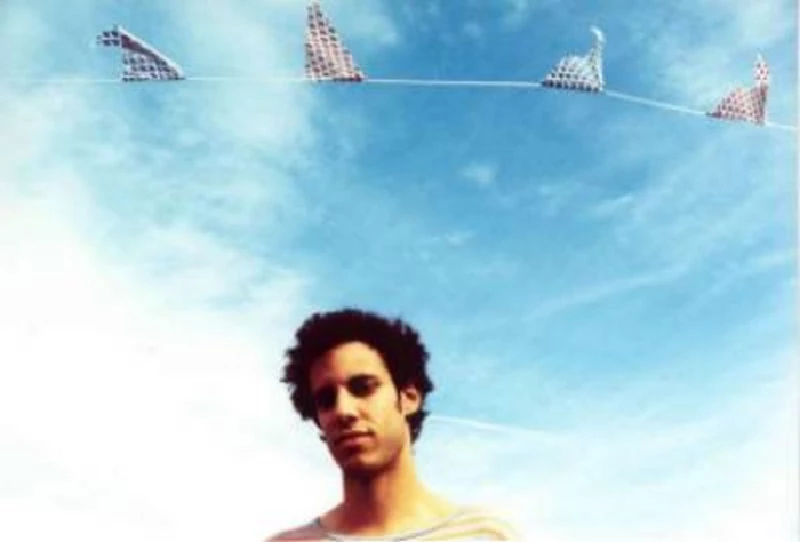
intro
Four Tet, the nom de plume for electronic artist Kieran Hebdon, recently released his latest album 'Eveything Ecstatic'. At the Exeter Cavern, he chats to Ben Howarth about it, touring and keeping himself fresh by working with and remixing other artists.
Perched on a step in Exeter’s Cavern Club, I am chatting to the charming Kieran Hebdon. I have met many musicians over my years as a Pennyblackmusic writer, and have been consistently surprised at how few are stereotypical ‘rock stars’. But Kieran Hebdon - considering his status under as a don of experimental electronic music - is still remarkably friendly, open and laid back. He comes across less like a man who is going to tear up a sold out venue in a few hours, and more like a mellow (but underneath deeply passionate)music fan. It was a pleasure to have a few minutes in his company. From the jazz influenced ‘Dialogue’ to the blissful ‘Rounds’, from the surprisingly melodic and happy ‘Pause’ to the drum heavy, most recent, ‘Everything Ecstatic’, Keiran’s music under the moniker of Four Tet is a never ceasing delight. Never before has an electronic act hooked me quite so much. His music draws you in, and is so perfect that it simply isn’t worth examining. It simply is.I listen to ‘Everything Ecstatic’ every couple of days, and often more than that. As support band Explosions In The Sky ran through their sound check, we discussed Kieran’s music and his hopes for the future. PB : It has been out for a few months, so how happy are you with ‘Everything Ecstatic’ now? KH : You don’t always know what you think about your own music, especially the few months after it has come out. It is hard to make sense of it. It is the most excited I am about any of my music is the stuff of this album. When I play live the highlight of me is this music, and it feels the most fresh. You listen to your own music in a weird way though. PB : Yeah, I think it is awesome. One of the things that has stood out for me when I’ve been listening to it is that it seems to show more of its influences. It sometimes seems more evident that you’ve been listening to lots of other music. Is this a fair impression? KH : I listen to a huge range of music, always. It is only normal for me to mix between different styles all the time. When I was making this record I was very open to letting anything come into it, having perhaps shut myself off in the past. I wanted to be ready to push things in any direction that my mind would let me. PB : When you are making records do you conceive them and have a plan, or do you think in terms of individual tracks? KH : There is always a fundamental idea behind each of the albums. I wouldn’t say I was making concept albums, but I do look for a theme in the way I make the album and the environment it comes from. PB : So I suppose that explains the subtle difference between each album? KH : Yeah, definitely! I have no interest in making an album that is the same as any other. With ‘Rounds’ for instance, I probably spent a year on it. The music became a part of my life. But with ’Everything Ecstatic’ the plan was to make an album in two months and just go for it, so it sounded like it was a burst of nervous energy. PB : It seems to me that you occupy this place, which I suppose Aphex Twin and Boards of Canada did for a while, that you are the electronica act of choice. How do you respond to that? KH : It is nice to be popular and it’s nice to get that appreciation for what I’m doing. But, I never want to be stuck in any kind of spot. There is part of me that doesn’t want to be ‘Mr. Electronica’ because that isn’t all that I am aiming to do. It is nice to be spoken of in the same breath as Aphex Twin and Boards of Canada, because they’ve put out some amazing records, but that isn’t the only world I want to occupy, you know. I think what I try and do goes beyond the label electronica. PB : That seems to come through from your label, Domino. It isn’t a label with any specific genre at its heart, unlike Warp, say. the same could be said in your choice of support act tonight. KH : Yeah, and I hope that comes through in the label. It is my decision to have Explosions In The Sky on this tour, for example, because I want the stuff I do to be quite broad and open. I like the idea of people coming out to a night where the two acts are completely different in what they do, but also completely understand each other. I know we appreciate each other’s music, and I hope that the audience will see that even through it sounds very different. PB : So do you know the band well as people? KH : Yeah, they are good friends of mine. PB : The way you tour, just you and your sister, is it a chore? KH : No, I love touring. It’s completely essential to what I do now. It has become part of the whole music making process. I’ve really got into the mentality that my music is my life. It isn’t that the album comes out and I reproduce it for a year on the road, but that the album is the start of the process. Playing live is about taking that music and developing it, seeing everywhere I can go. It is totally different to doing things with a band, and really draws more on my background as a DJ. What I am doing stems a lot more from dance music. I perform with half my mind on the dance floor. PB : This is something of an Exeter centric question, but you have played at the Cavern before and I’m imagining you play a wide variety of places. Do you get affected by where you are playing. This is primarily rock based, and is a classic ‘converted public toilet’ venue. KH : The venue does matter, but not as much as the crowd. The crowd carries the spirit. The last time I did the Cavern I remember it having a really good, eclectic atmosphere. It was a really good show. PB : What attracted you to make electronic music initially? How did you get involved in this scene? KH : I think the first electronic music I really listened to was drum ‘n’ bass really. At school, the two things happening were grunge and drum ‘n’ bass, and that was the first time I really got into music that was made on computers. I also got really into hip hop, which again uses all the tools and the samplers. Once I found the tool of making music at a computer, I found the possibility to make a new sound. I didn’t just want to play chords, which is something I’d heard before so much. PB : You’ve remixed several artists, and notably you reworked some tracks from the Madvillain album. Have you any plans to do a formal collaboration? KH : I’ve been doing some production. I did the last James Yorkston album. That was a really different thing to do. I’ve also been working with this jazz drummer, Steve Reid, and the work we are doing is improvised drums and electronics. We’ve recorded two albums, both of which are going to be coming out Domino next year. That is the real next big project for me now. I’ve been working on Four Tet for a long time, and I think I will be taking some time out from that to focus on collaborations and stuff. PB : Are you looking to pursue radical different directions? KH : I like the idea that anything might happen, that I might end up working with a metal band. I don’t like to tie myself down. This thing with Steve came out naturally, and it's just so exciting. Improvised music is something I really see myself doing more of. PB : I’ve always really liked the sleeve art on the albums. Where does that all come from and who does it? KH : It is a guy called Jason Evans, who works on the concept. He’s a photographer and a good friend of mine. We work quite closely on it. All the images in the book for ‘Everything Ecstatic’ took months to come together. He went all over the world. In the same way that I am trying to do something a bit different with the music, we try and be a bit different with the sleeve art. We don’t just go in the way that everyone expects. PB : I’ve sometimes felt that electronic music pitches itself closer to modern art rather than popular culture. How do you feel about this? KH : I feel quite in tune with, and I listen to, pop music. I’m aware that music can connect with other artistic movements, but I also want to make music that is very open, that connects to the world, and I am very careful to not make distinctions between high art and mass culture. I hate that, and don’t believe in that stuff at all - the dangerous thing that does damage to music a lot of the time. For me, it is more interesting to play at the Cavern Club than an art gallery. At some level it has to be for the kids! PB : Thank you.
Picture Gallery:-
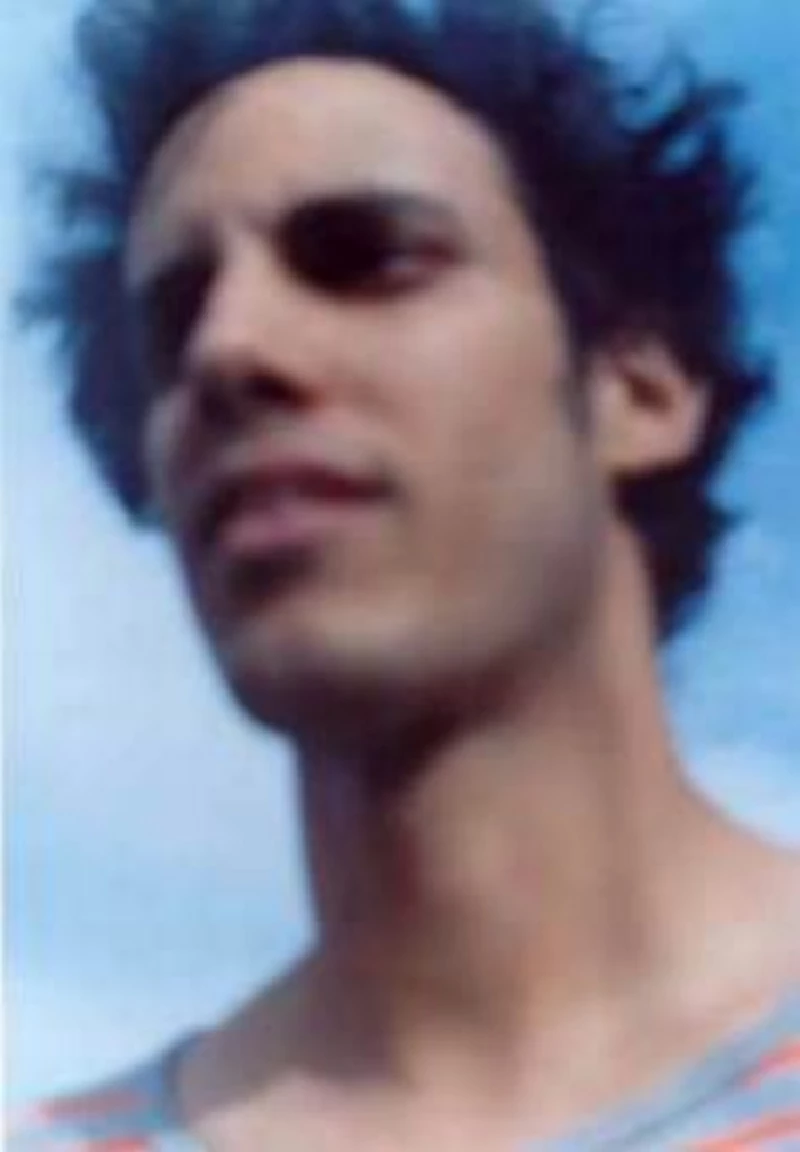
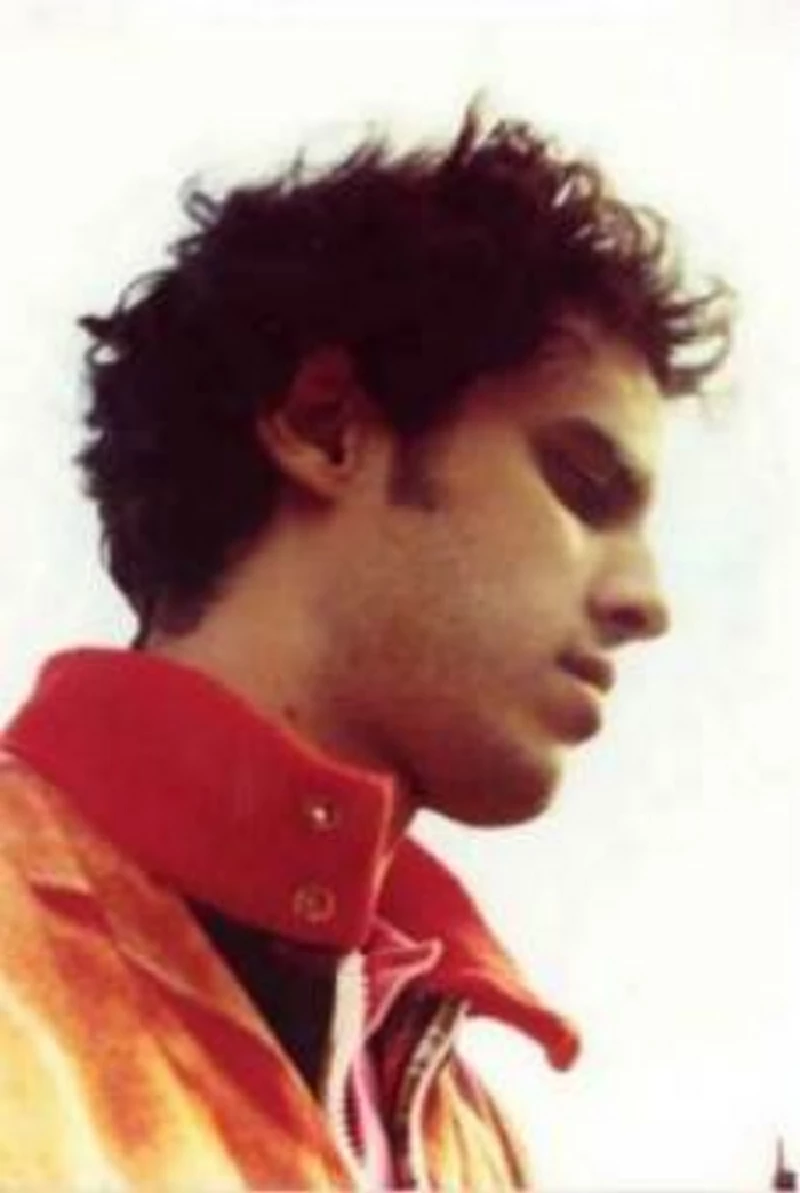
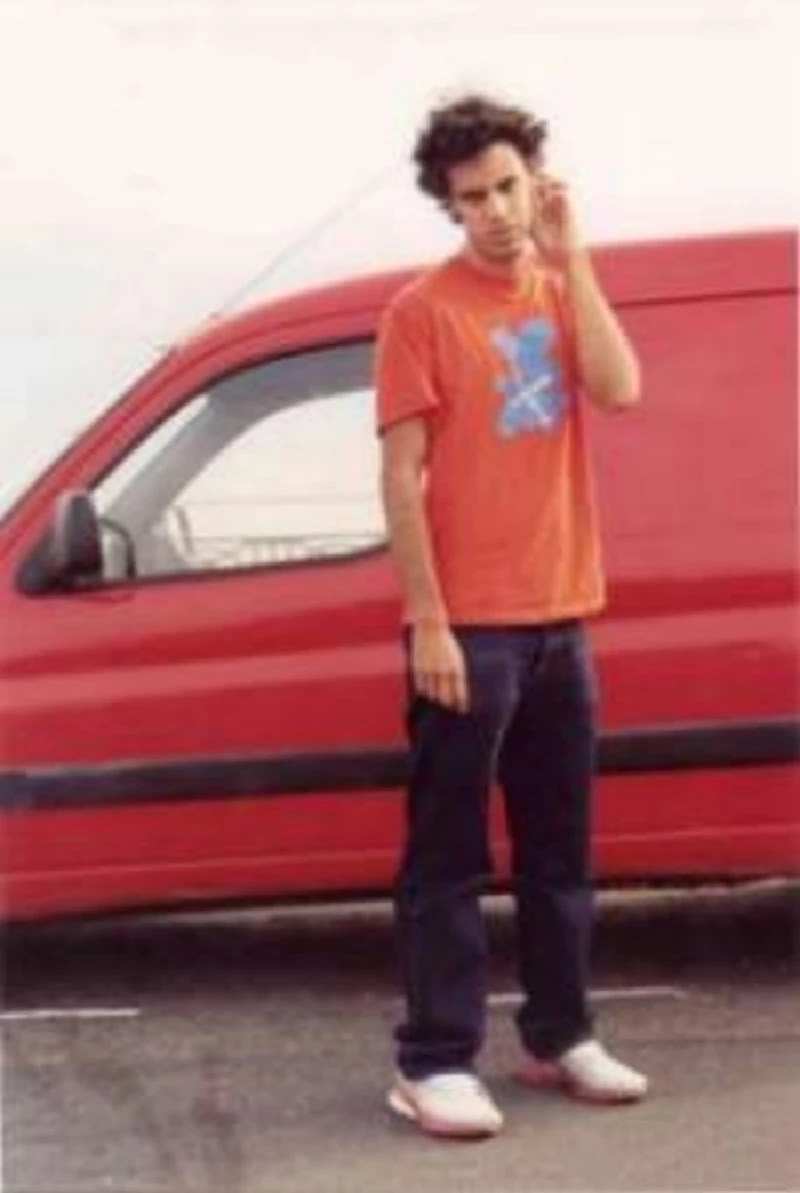
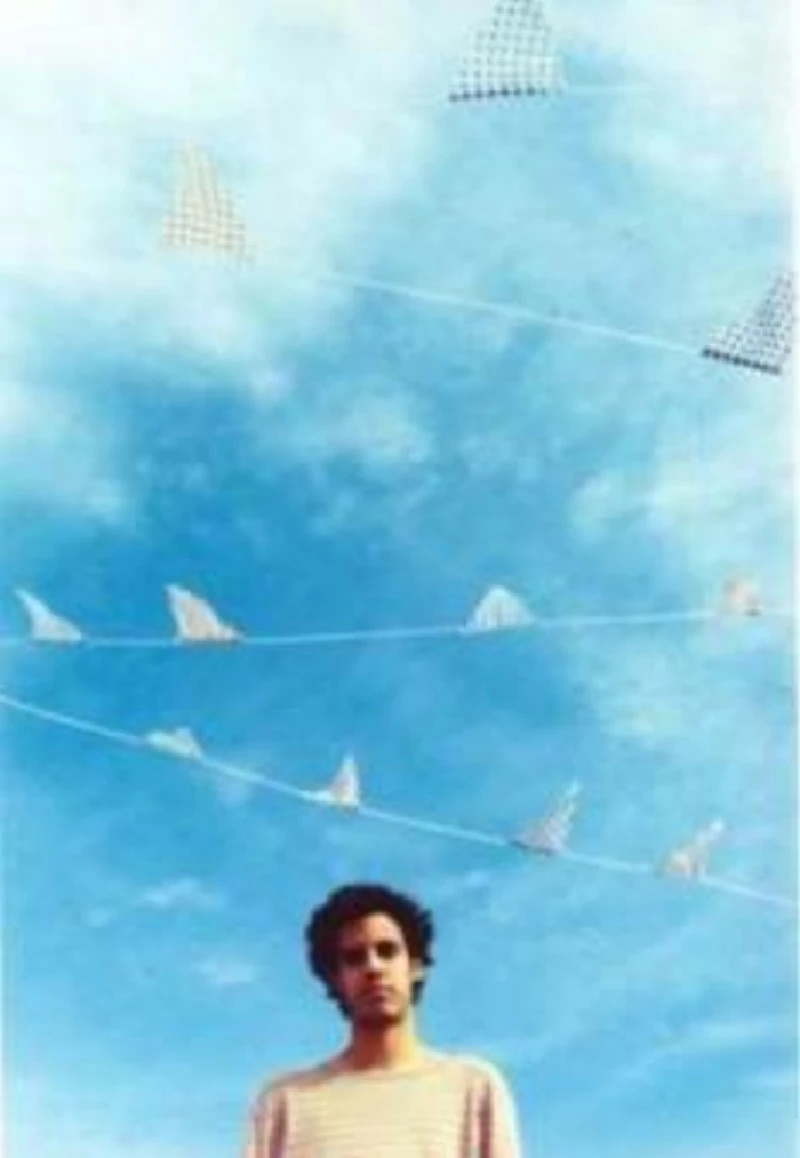
most viewed articles
current edition
Carl Ewens - David Bowie 1964 to 1982 On Track: Every Album, Every SongArmory Show - Interview with Richard Jobson
John McKay - Interview
Colin Blunstone - Thalia Hall, Chicago, 16/7/2025
Billie Eilish - O2 Arena, London, 10/7/2025
Bathers - Photoscapes 1
Visor Fest - Valencia, Spain, 26/9/2025...27/9/2025
Loft - Interview
Sir Tim Rice - Interview
Robert Forster - Interview
previous editions
Manic Street Preachers - (Gig of a Lifetime) Millennium Stadium, Cardiff, December 1999Heavenly - P.U.N.K. Girl EP
Beautiful South - Ten Songs That Made Me Love...
Oasis - Oasis, Earl's Court, London, 1995
Peter Perrett - In Dreams Begin Responsibilities Interview Part One
Boomtown Rats - Ten Songs That Made Me Love....
Coldplay - Wembley Arena. London, 16/8/2022
Prolapse - Interview
Pixies - Ten Songs That Made Me Love...
Trudie Myerscough-Harris - Interview
most viewed reviews
current edition
Davey Woodward - Mumbo in the JumboSick Man of Europe - The Sick Man of Europe
Lucy Spraggan - Other Sides of the Moon
Amy Macdonald - Is This What You've Been Waiting For?
Phew, Erika Kobayashi,, Dieter Moebius - Radium Girls
Bush - I Beat Loneliness
Suzanne Vega - Flying With Angels
Alice Cooper - The Revenge of Alice Cooper
Blueboy - 2
Cynthia Erivo - I Forgive You
Pennyblackmusic Regular Contributors
Adrian Janes
Amanda J. Window
Andrew Twambley
Anthony Dhanendran
Benjamin Howarth
Cila Warncke
Daniel Cressey
Darren Aston
Dastardly
Dave Goodwin
Denzil Watson
Dominic B. Simpson
Eoghan Lyng
Fiona Hutchings
Harry Sherriff
Helen Tipping
Jamie Rowland
John Clarkson
Julie Cruickshank
Kimberly Bright
Lisa Torem
Maarten Schiethart